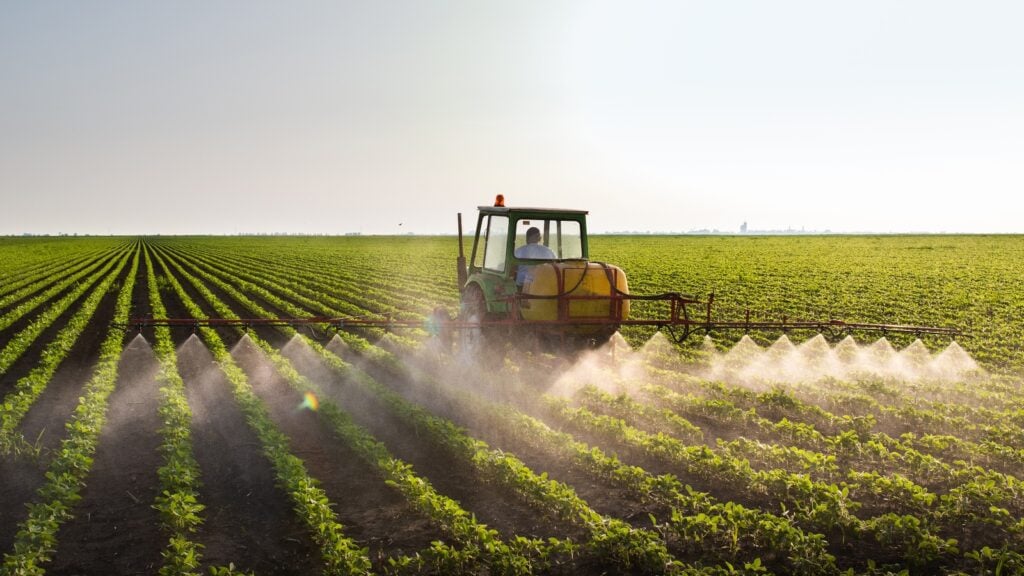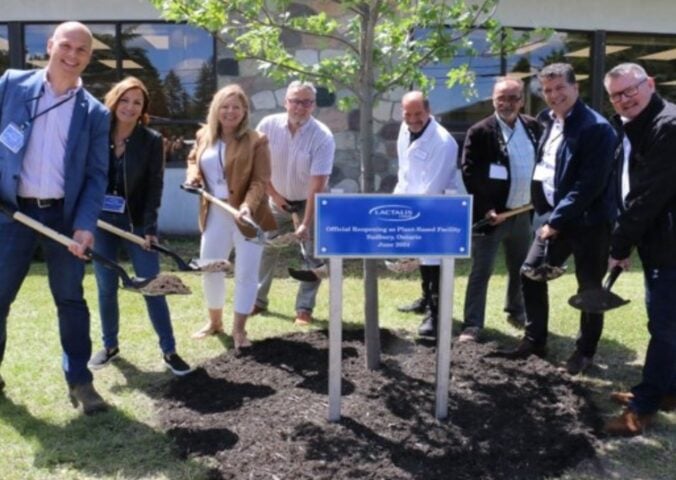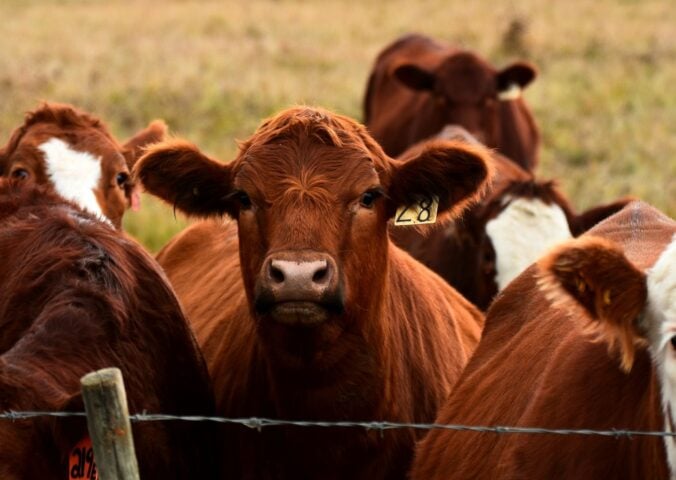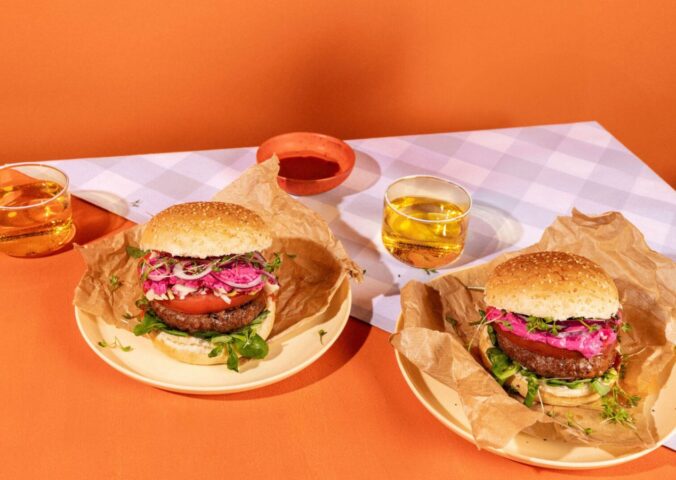A new facility in the Canadian province of Saskatchewan is making fertilizer with upcycled grain leftovers in an effort to make the product more sustainable.
Dubbed Soileos, the new fertilizer contains pea, lentils, and oat hulls. It claims better eco-credentials than standard plant food, as well as improved performance.
The $19 million plant is a 50-50 joint venture between pulse processor AGT Foods and climate-positive fertilizer manufacturer Lucent BioSciences.
Funding is being provided by a consortium of private companies and Protein Industries Canada (PIC). The latter is a federally supported enterprise that backs domestic plant-based innovators with a view to transforming Canada’s food processing system.
The problem with regular fertilizer
Synthetic and inorganic plant foods typically contain chemicals and minerals that, over time, can deplete soil quality and impact the environment.
Among the worst offending ingredients are nitrates and phosphates, which harm aquatic life. Running off into waterways as a result of sewage channels and rainfall, they encourage harmful algae growth. This reduces oxygen levels and causes significant biodiversity loss.
Traditional fertilizers also contain carbon dioxide, nitrogen, methane, and ammonia, meaning they pose a direct threat to the climate.
Upcycled food waste-based fertilizer ensures animal-free plant food that nourishes the soil and actively reduces harmful emissions.
New sustainable food for plants
“Existing fertilizer products are based on old technologies that are over 100 years old, and those products were never invented with sustainability in mind,” said Michael Riedijk, president and CEO of Lucent. “So we believe that this industry is ripe for disruption.”
Compared to regular fertilizer, Soileos requires less energy and water during the manufacturing process.
It also sequesters carbon when in use. The sequestering process occurs when cellulose fibers from grain hulls are put back into the soil and allowed to decompose.
Early field trials of the micronutrient fertilizer yielded promising results. Durum, lentil, and pea crops were observed as having higher protein content when supported by Soileos. Soil quality improved as well.
“I think it is extremely promising,” agricultural minister Marie-Claude Bibeau told Regina Leader-Post.
“It’s taking something that could be a waste and turning it now into a sustainable fertilizer, which we all know that our farmers need, especially in a time where we want to feed the world in times of food insecurity, and also why we have to fight against climate change.”
Making plant-based protein more economically viable
Alongside environmental and functional benefits, the new fertilizer stands to make the Canadian plant-based protein sector more buoyant.
PIC CEO Bill Greuel confirmed that his company chose to invest in the project as it sought to upcycle food waste in a practical and resourceful way. He explained that only 20 percent of crops in Western Canada convert to protein, leaving 80 percent as starch and fiber.
“We really have to find uses for those products,” Greuel said. “Otherwise, the economics for protein extraction for food-use don’t work. With this project, there’s that economic opportunity when you can utilize all the components of the crop.”






